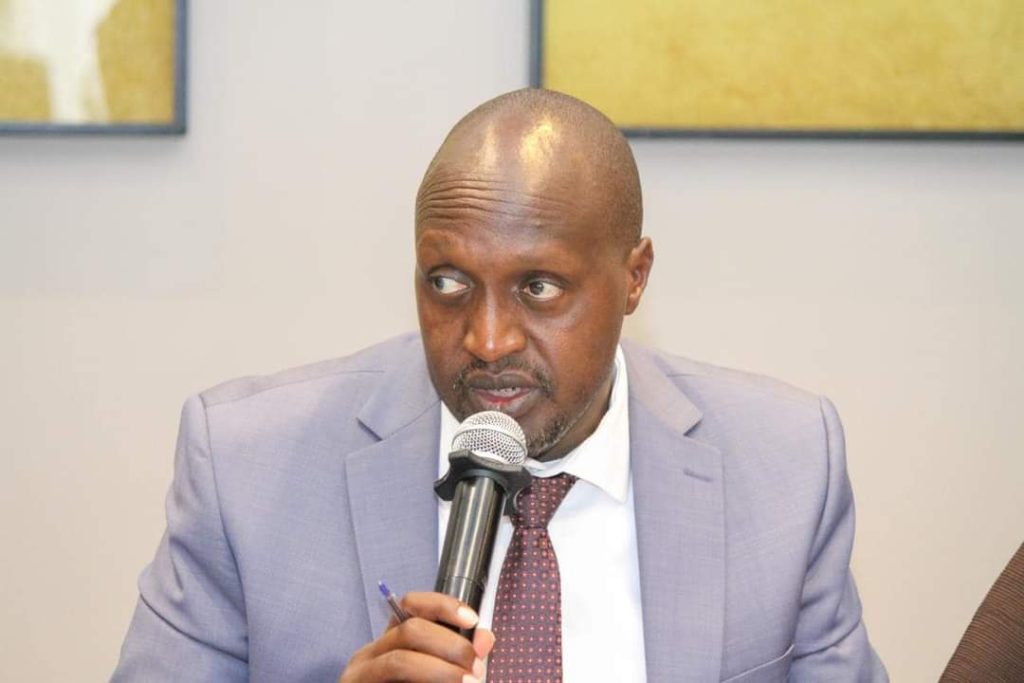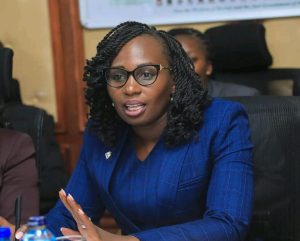We Shall Reconsider Revenue Impact of Tax Proposals,Finance Committee Assures Stakeholders on Finance Bill

The National Assembly will thoroughly scrutinize all the provisions contained in the Finance Bill, 2024, before enacting the legislative proposal into law, the Departmental Committee on Finance and National Planning has assured stakeholders.
Speaking during the first day of public hearings on the Bill, Committee Chairperson, Hon. Kimani Kuria (Molo) assured the stakeholders that the Committee was keen to review the impact of the Finance Act, 2023, so that it can inform Members’ decisions on the provisions in the current Bill.
“I want you to have a look at the Finance Act of 2024 when it is finally enacted, and compare it with the current Bill that we’re considering, and see the difference. We are keen to realise a progressive law that will help claw back economic growth”, Hon. Kimani assured.
He made the assurance after some of the stakeholders expressed concerns that a number of their proposals made during the consideration of the Finance Bill, 2023 were not considered, while those that were dropped in the Bill had found their way back in the Finance Bill, 2024.
Offering his reassurance, the Vice Chairperson Hon. Benjamin Langat (Ainamoi) who previously served as the Finance Committee Chairperson in the 11th Parliament, noted that the Committee had previously greatly benefitted from the input of the public when processing the Finance Bill.
“You have appeared before us many times and you can attest that some of the proposals you made in the past have formed part of the final Finance Act. Indeed some of the suggestions you made during the consideration of the Affordable Housing Act recently ,helped shape the outcome of the law”, he recounted.
The stakeholders in their submissions had observed that the some of the tax measures introduced vide the Finance Act, 2023, did not yield the anticipated additional revenues.
While sharing their viewpoints with the Committee, representatives from the Institute of Public Finance (IPF), the Institute of Certified Public Accountants of Kenya (ICPAK), the Institute of Economic Affairs and the Kenya Manufacturers Association (KMA) told the Committee that there was need for the government to anchor predictability in taxation.
“It is our informed opinion that the development of the Medium-Term Revenue Strategy (MTRS) and the National Tax Policy ought to have assured taxpayers, especially the private sector of predictability”, Mr. James Muraguri, CEO IPT told the Members.
To promote efficient public finance management in Kenya, the IPF proposed that the National Assembly requires the National Treasury to avail to the public the revenue impact of each tax measure proposed in the subsequent Finance Bills, and that Parliament regularly reviews the implementation of Finance Acts with the intention of taking corrective actions when need be.
On their part, ICPAK expressed concerns with regard to the inconsistency between the proposals in the Finance Bill, 2024 and the National Tax Policy and the Medium-Term Revenue Strategy (MTRS).
Specifically, the Institute raised policy concerns regarding the delayed implementation of the National Tax Policy, the need for fiscal consolidation with a view of enhancing revenues as proposed in the Bill, while reducing and rationalizing expenditure to fit within the available resource envelope.
ICPAK also spoke on the over-reliance on a small pool of taxpayers to fund the budget and called for the expansion of the tax base. They also pointed out the need to seal revenue leakages and avenues of corruption,noting that this could lead to tax apathy and low morale among taxpayers.
Audit firm, Deloitte and Touché LLP in their presentation recommended that the proposed Motor Vehicle Tax (MVT) be payable on the value of the motor vehicle, at the rate of 0.5%.
The justification of this proposal was that the MVT would negatively impact motor vehicle owners who are already struggling with reduced disposable income due to high fuel prices.
Their sentiments were echoed by the Institute for Economic Affairs’s Kwame Owino who told the Committee that the proposed Motor Vehicle Tax at the rate of 2.5% of the value of the car constituted double taxation because the value of a motor vehicle in Kenya already includes import duty, excise duty and VAT.
He has noted the taxes would significantly inflate the cost of vehicles in Kenya.
At the same time, the Kenya Manufacturers Association (KAM) has called on the Committee to carefully consider the proposed Eco-Levy, which has been introduced to mitigate against negative environmental impact.
The Association pointed out that the proposed levy would result to capital flight, since local manufacturers would be disadvantaged against their regional competitors, who share a common market protocol with Kenya.
Meanwhile, Committee Members Hon. Joseph Makilap ( Baringo North) and Hon. David Mboni (Kitui Rural) have supported the view on careful consideration of some of the provisions raised in the Bill, adding that this would protect the manufacturing sector which employs thousands of people across the country.
They were reacting to information by the Kenya Manufacturers Association (KAM) that the East Africa Packaging Industries had folded its facility in Mombasa due to the impact of some provisions contained in the Finance Act, 2023.
The hearings continue tomorrow.





